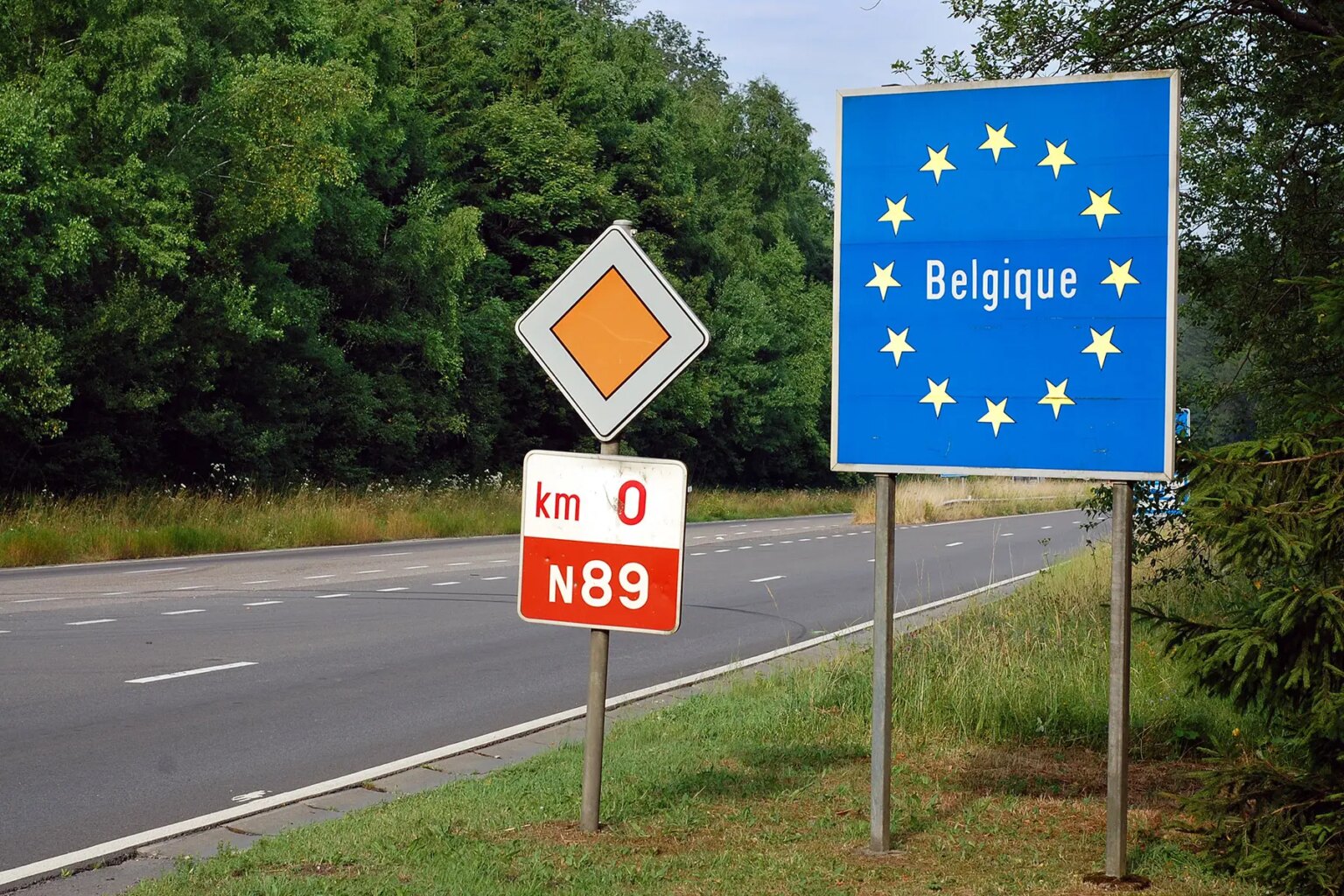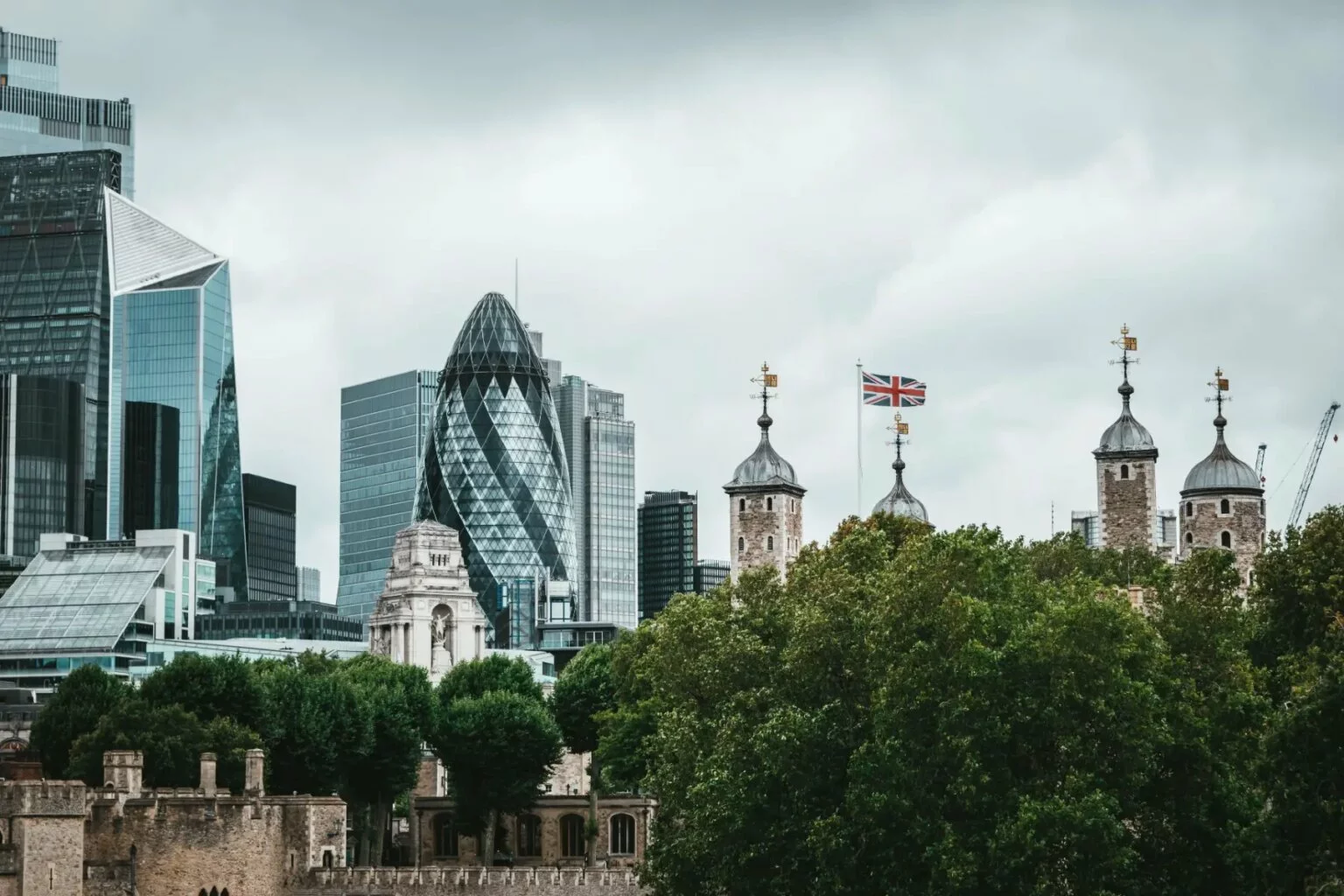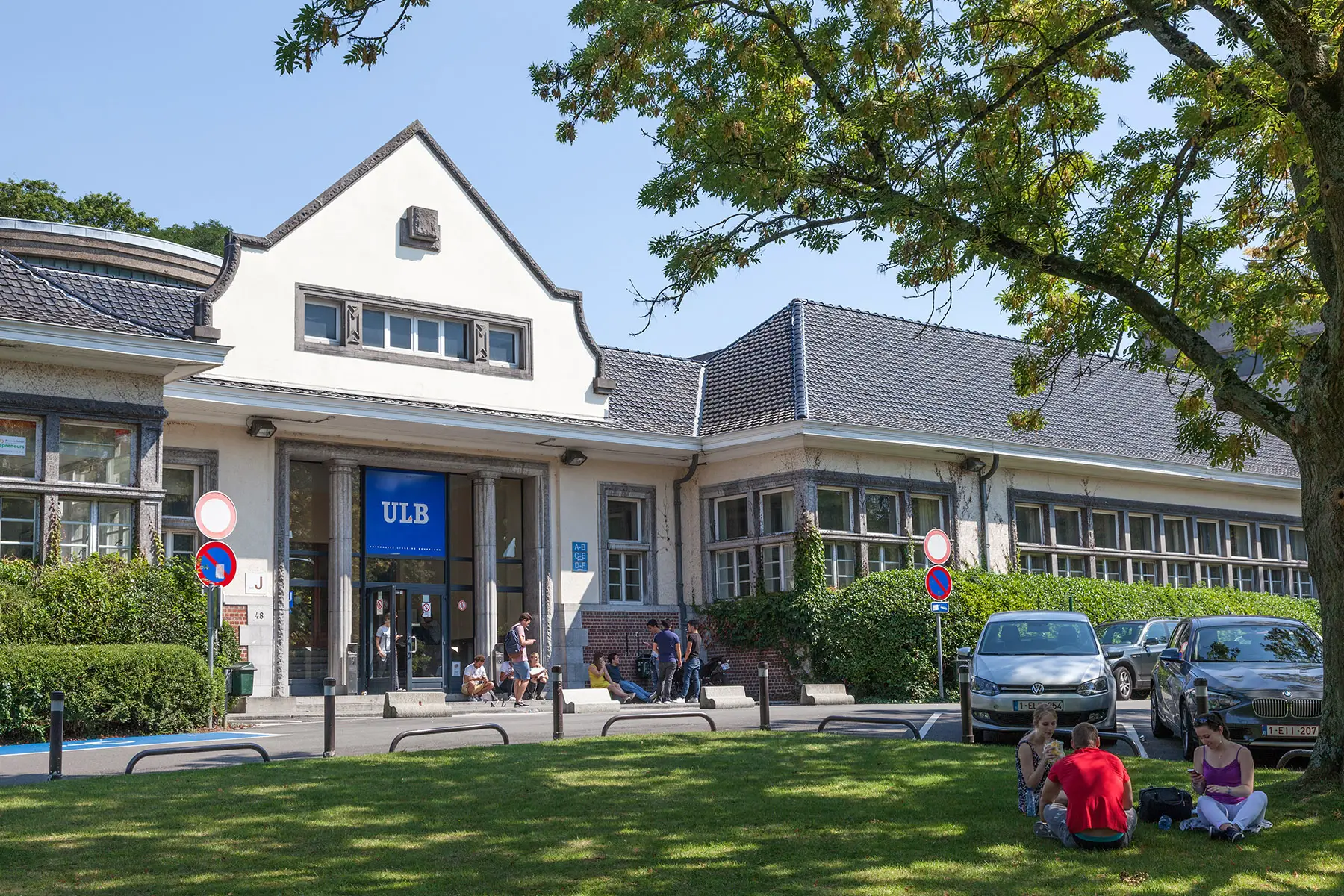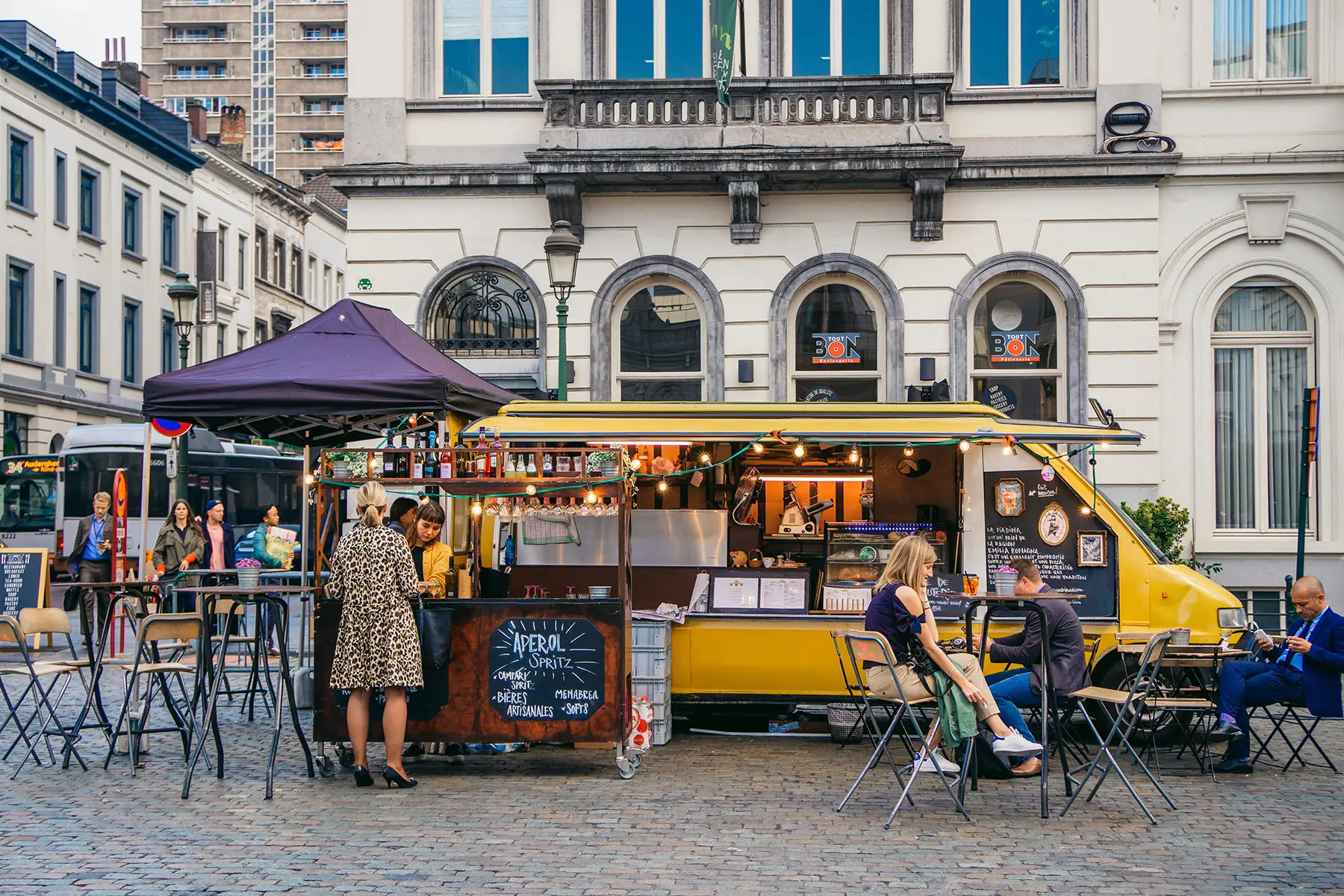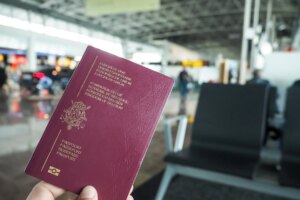EU/EFTA nationals don’t require a work visa to look for work in Belgium. Other nationalities, however, will first need to find a job or set up as a self-employed worker or entrepreneur and then apply for a Belgian visa and work permit. You can read about the different types of work permits and their application procedures in the following sections:
- Working in Belgium
- Who needs a work visa in Belgium?
- Types of work visas in Belgium
- Short-stay work visas in Belgium
- Long-stay work visas in Belgium
- Work permits in Belgium
- Au pair visas in Belgium
- Work visas in Belgium for students
- Work visas in Belgium for self-employed, freelancers, and entrepreneurs
- Work visas in Belgium for seasonal workers
- Volunteering and work experience in Belgium
- Work visas in Belgium for family members
- Appeals and complaints about work visas in Belgium
- Useful resources
The Relocator
Planning a new life in Belgium? Give yourself some peace of mind with The Relocator. On their easy-to-use platform, you'll be able to compare your options quickly, getting quotes from some of the biggest names in global relocations. Move abroad confidently with The Relocator.
Working in Belgium
As home to NATO, the European Commission, and several other European Union and international organizations, there is plenty of diverse employment for foreigners in Belgium. Most international jobs are based in Brussels, which has a large expat community. More recently, however, the northern region of Flanders has been attracting foreign workers in the service and tech sectors. A 2017 study recorded as many as 220,000 highly educated expats living and working in Belgium.

Foreign nationals currently account for about 15% of the country’s labor market. While this number is rising, the Belgian job market remains competitive, particularly for English speakers. Most Belgians are bilingual or multilingual and can speak English with reasonable fluency. Moreover, with the decline of the coal and steel industries in the southern region of Wallonia, more Belgians are making their way to other sectors.
That said, certain occupations continue to face labor shortages. Next to IT specialists, there is a demand for specialized technicians, project managers, administrative and sales staff, as well as education and healthcare professionals. In Belgium, the different regions are responsible for work permits, even though visas are issued by the Belgian Immigration Office. The regions define their own list of shortage occupations every year (Brussels-Capital Region, Flanders, Wallonia) and offer work permits to foreign nationals to help fill the employment gap.
Who needs a work visa in Belgium?
EU/EFTA nationals
EU/EFTA citizens (EU plus Iceland, Liechtenstein, Norway, and Switzerland) do not need a visa or permit to work in Belgium. This includes citizens of Bulgaria, Croatia, Cyprus, Ireland, and Romania – EU countries that are not part of the Schengen Agreement.
However, EU/EFTA citizens who intend to stay and work in Belgium for longer than three months need to register with the local municipal office/town hall and apply for a Belgian residence (eID) card. The town hall will give you a national register number (Dutch: rijksregisternummer – RRN, French: numéro de register national – NRN), which you will need to access government services and look for work. Furthermore, your residence card will state your national register number and work authorization.
UK citizens after Brexit
Currently, UK citizens do not require a visa for short visits to Belgium of up to 90 days (within a 180-day period). This also applies to certain work-related travel, such as short visits to attend a conference, meeting, or training. For all other work or short periods of employment in Belgium, UK citizens require a work permit.
UK citizens who intend to stay and work in Belgium for more than 90 days will need a type D (long-stay) visa and a fixed-term single work permit. The employer must submit an application for this permit. Self-employed persons and entrepreneurs must apply for a professional card to carry out work activities in Belgium.
Non-EU/EFTA nationals
All third-country nationals (non-EU/EFTA nationals) must have a visa and a work permit to travel to and work in Belgium. Residents of some countries, such as Australia, Canada, and the US, do not require a visa for short stays of under 90 days (three months). However, if they plan to work in Belgium during their stay, their employer must apply for their work permit.

Certain professionals in Belgium for work assignments lasting less than 90 days are exempt from work permit requirements. This exemption applies to professionals such as journalists, artists, athletes, researchers, sales representatives, government officials, and diplomats. However, they still need to apply for a type C (short-stay) visa and submit a Limosa declaration.
For stays of more than 90 days (three months), all non-EU/EFTA nationals need a type D (long-stay) visa and a fixed-term single work permit. Self-employed persons and entrepreneurs must apply for a professional card to work in Belgium.
Types of work visas in Belgium
In Belgium, visa matters are handled by the Immigration Office, whereas work permits are issued by the respective regional authorities (Brussels Capital, Flanders, Wallonia, German-speaking community). Depending on the duration of your work permit and planned stay, you’ll be issued one of the following types of visas allowing you to travel to Belgium:
- Short-stay (type C) work visa – This allows stays up to a maximum of 90 days (three months) in Belgium.
- Long-stay (type D) work visa – This is issued for all stays longer than 90 days (3 months) in Belgium.
Short-stay work visas in Belgium
Short-stay visas are also commonly known as Schengen or type C visas. These visas allow entry to all countries within the Schengen area for a maximum stay of 90 days within a 180-day period. You can apply for a short-stay visa to attend a business event or training in Belgium. However, this visa is not the same as a work permit.
As a non-EU/EFTA national, if you’re planning to take up employment in Belgium for fewer than 90 days, you will need a work permit. Using this permit, you can apply for a short-stay visa to travel to Belgium.
Requirements
If you need to attend a business event or training in Belgium, you’ll need an official invitation to apply for a visa. If you plan to take up seasonal employment or work in Belgium for a short duration, you’ll need an employment contract and a work permit.
Your employer must apply for your work permit with the respective Belgian regional authorities. They will also have to collect the work permit from the Belgian municipality once it’s ready and send it to you. You can then go to your local Belgian embassy or consulate with the work permit to secure a short-stay visa for Belgium.
How to apply
You’ll need to apply for the visa at your local Belgian embassy or consulate at least 15 days prior to your date of travel. To complete your application, you’ll be required to submit the following documents:
- Filled-in visa application form
- Recent passport photo
- Passport valid for the duration of your stay
- Travel health insurance details
- Proof of accommodation in Belgium for the period of your stay
- Proof of financial means to support your stay
- Employment contract or invitation letter to business event/training in Belgium
- Flight details for your roundtrip confirming you’ll leave Belgium at the end of the work period
Visa costs
The type C (short-stay) visa application fee is €80. You’ll need to pay upfront and submit proof of payment along with your application.
Visa length
Short-stay visas only allow a maximum stay of up to 90 days over a 180-day (six-month) period and cannot be extended. However, Schengen type C short-stay visas do allow multiple entries. This means you can split up your 90 days of work across several shorter periods within the 180-day limit.
Long-stay work visas in Belgium
You will need a type D (long-stay) visa to travel to Belgium if you’re planning to work there for more than 90 days (three months). For this, your employer must first apply for a fixed-term single permit in Belgium on your behalf. This is the case regardless of whether you’re taking up temporary, fixed-term employment or planning to settle in Belgium permanently.
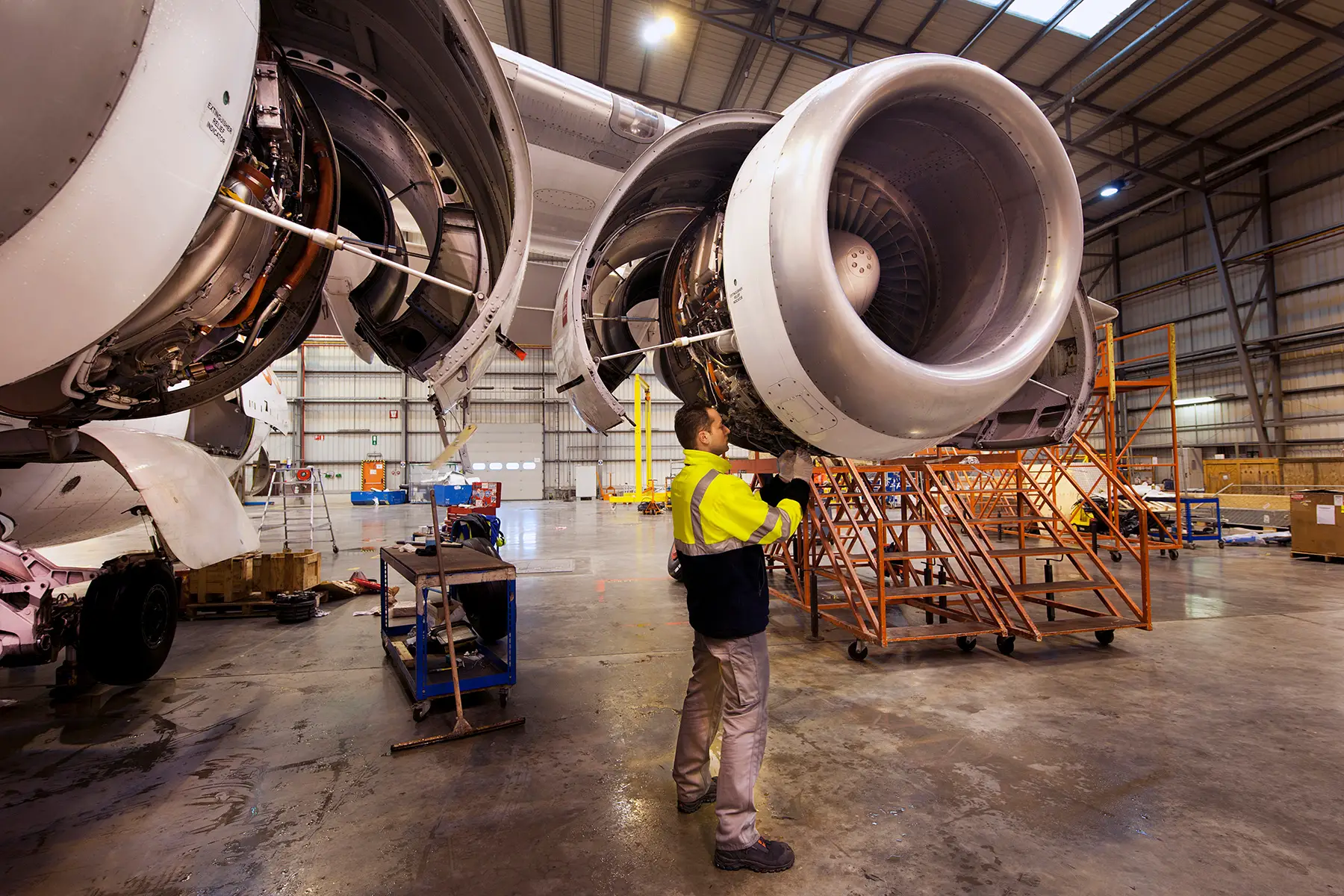
Once the work permit application is approved, you can visit your local Belgian embassy or consulate to get a type D (long-stay) visa. Upon arrival in Belgium, you’ll need to report to your local municipal office/town hall and apply for a Belgian residence (eID) card. Your residence card will also state your authorization to work in Belgium.
Requirements
Non-EU/EFTA nationals must first secure work in Belgium to apply for a fixed-term single permit. Your Belgian employer will need to apply for this on your behalf. Self-employed professionals and entrepreneurs will need a professional card to apply for a visa to work in Belgium.
How to apply
Similar to short-stay visas, you’ll need to apply for a type D (long-stay) visa at your local Belgian embassy or consulate. In addition to your approved fixed-term single permit, you’ll need to provide the following:
- Filled-in visa application form
- Recent passport photo
- Passport (valid for at least 12 months)
- Proof of sufficient financial means to support yourself during your stay
- Proof of health insurance coverage for Belgium
- Legalized declaration of absence of a criminal record or convictions
Processing times can vary vastly, ranging from 15 to 60 days. So, it’s best to submit your application well in advance.
Visa costs
The type D (long-stay) visa application fee is €180. You’ll need to pay upfront and submit proof of payment along with your application. This fee does not include the cost of the work and residence permit applications.
Visa length
Type D (long-stay) visas are valid for a maximum of one year and are not renewable. Their purpose is to allow you to travel to Belgium for a stay of longer than 90 days. Once in Belgium, you must apply for your combined residence and work permit. You can submit a request for an extension of your residence permit to your municipal office/town hall in Belgium.
Work permits in Belgium
The short-stay and long-stay visas allow you to travel to Belgium for the given duration. Next to this, you also need a work permit to work in Belgium. Each regional authority is responsible for issuing work permits, and only non-EU/EFTA nationals need one.
Your Belgian employer will need to apply for the permit on your behalf. Depending on the work contract, they can apply for one following types of work permit:
- Maximum 90 days or 90/180 days with a Schengen visa (also referred to as the type B work permit in Wallonia)
- Fixed-term single permit (to work in Belgium for longer than 90 days)
The fee for a work permit application (in 2022) is €126. If the application is approved, you will be granted a work permit, and your employer will receive an employment permit. Your employer must submit the renewal application by email to the respective regional authority at least two months before the expiry date.
Maximum 90 days permit
For short-term work, you’ll either be issued a work permit for 90 days in one consecutive stay or for 90 days in total over a period of 180 days. The latter is only possible with a Schengen visa. Your employer will need to submit the following documents to the government authority in the region where you will be working:
- Filled-in work permit application form
- Proof of employee’s identity, such as a passport copy
- Proof of employers’ identity
- Employment contract
- Proof of health insurance coverage for the employee in Belgium
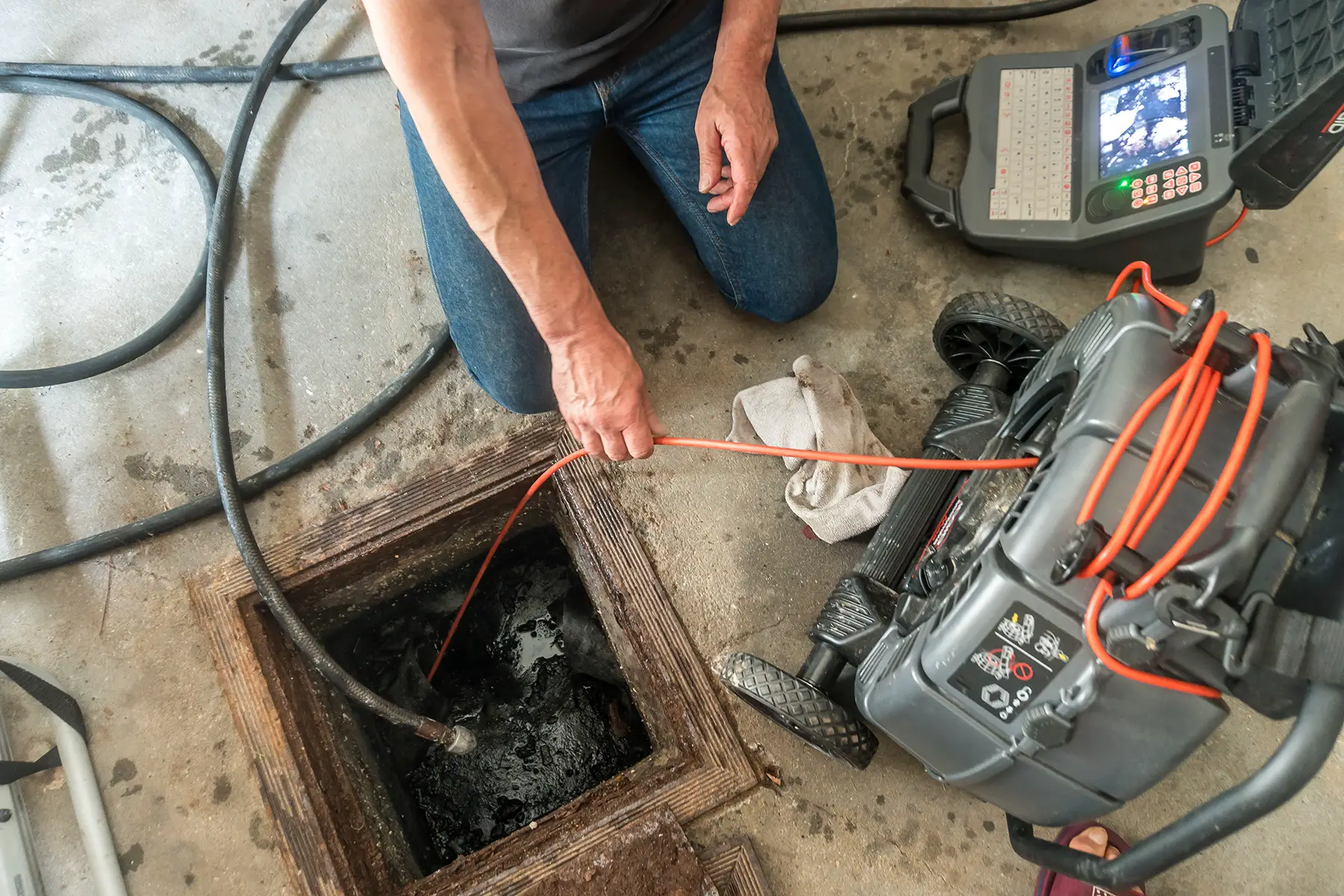
Additionally, your employer will need to submit evidence of the employee category to which you belong. The Belgian regional governments issue work permits to workers in the following categories:
- Highly skilled workers
- Shortage occupations
- Specialized technicians
- Professional athletes
- Artists
- Postdoctoral researchers
- Trainees (in different fields, including in sales, at a multinational, or at an international or government institution)
- Religious ministers
- Au pairs
- Journalists
In all other cases, the employer will have to provide sufficient economic or social reasons for taking on a foreign employee in place of hiring locally.
Fixed-term single permit
The fixed-term single permit was introduced in Belgium in January 2019. It combines the work and residence permit applications into one single procedure. Employers need to submit applications on behalf of employees through the centralized digital service. The application procedure can take between two and four months, and you can only apply for your visa to travel to Belgium if your work permit is approved.
In Belgium, you’ll eventually need to report to your local municipality and apply for a Belgian residence card. The fee for a residence permit application (in 2022) ranges between €126 and €313, depending on your category of work. The residence card will state your work authorization, which serves as the work permit.
Indefinite term work permit
You can only apply for an indefinite term work permit after you’ve first worked in Belgium on a fixed-term single permit. You can apply for this permit in one of the two scenarios: you’ve been working in Belgium for 4–5 years, or you’re a long-term resident of another EU member state and have been working in Belgium for a year.
An indefinite-term work permit gives you the right to apply for a job with any Belgian employer. You’ll need to submit the application yourself by email to the respective regional authority.
EU Blue Card
Highly skilled professionals from non-EU/EFTA countries living outside the EU are eligible to apply for an EU Blue Card. This work permit allows you to live and work in any EU/EFTA country. Moreover, it gives you and your family members free movement across the EU countries.
As an EU Blue Card applicant in Belgium, you must:
- have at least a one-year employment contract in Belgium
- be paid a minimum annual salary of €51,235 in Flanders and €55,431 in other regions
- hold a recognized higher education qualification
The application fee for an EU Blue Card is €358, and the processing time is about 90 days. The card is usually valid for 1–3 years. If you hold an EU Blue Card issued by another EU member state, you can work and stay in Belgium for longer than 90 days. In this case, your employer must apply for a fixed-term single permit.
Intra-corporate transferees
The EU ICT (intra-corporate transferee) directive allows non-EU citizens to work in multiple EU states via a single permit procedure. The directive is aimed at managers, specialists, and trainees who work in a multinational company and are temporarily assigned to an EU entity of the same corporate group.
To work in Belgium under this directive, your employer will need to apply for a fixed-term single permit on your behalf. The permit is issued for a maximum period of one to three years. You’ll also need to apply for a type D (long-term) visa to travel to Belgium. The application processing time is 90 days.
Au pair visas in Belgium
Au pairs from outside the EU require a Belgian visa and work permit. To apply for these, both the au pair and the host family must meet certain conditions. For instance, the au pair must be 18–26 years of age and sign a contract with the host family detailing their work responsibilities. Moreover, the host family will need to provide the au pair with accommodation, arrange their health insurance, and pay them a monthly amount of €450 for expenses.
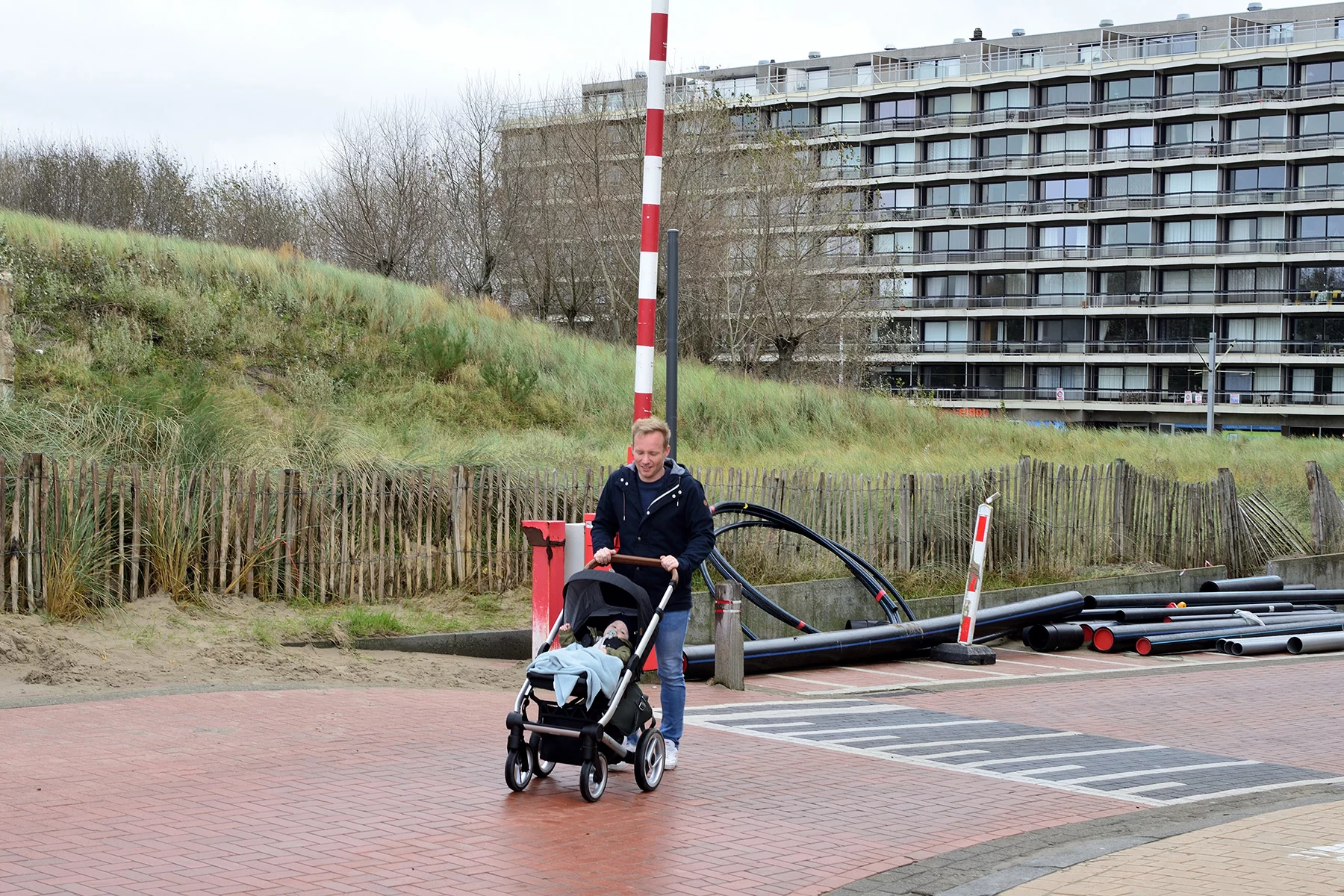
Additionally, the host family must submit the work permit application by email to the respective regional authority. In addition to the application form, they’ll need to submit the contract and copies of IDs both for themselves and the au pair. Au pair visas have a maximum duration of 12 months.
Work visas in Belgium for students
Non-EU/EFTA students must apply for a type D student visa to come to Belgium for a study program exceeding 90 days (three months). After arriving in Belgium, they must register with the local municipality and apply for a Belgian residence (eID) card.
The residence card allows you to work in Belgium next to your study. However, your studies must be the main purpose of your stay in Belgium. This means you are not allowed to work during class hours. Moreover, you can work for a maximum of 20 hours during the academic period or longer during the holidays.
Work visas in Belgium for self-employed, freelancers, and entrepreneurs
Non-EU/EFTA nationals who want to start a business or freelance in Belgium need to apply for a professional card. This card acts as a permit to trade and carry out independent business activities. You can apply for the professional card at the same time as applying for your type D (long-stay) visa. The application fee for a professional card is €140, and a type D visa is €180. Moreover, you’ll also need to apply for a residence permit for a long stay in Belgium, which costs €313.
Regional authorities are responsible for issuing professional cards. You’ll have to pay €90 per year for the duration that your professional card is valid. The standard validity for these cards is 2–3 years. To renew your professional card, you must apply at least two months before its expiry. You can find more information on this on the relevant websites for the Flanders, Wallonia, and Brussels Capital regions.
Work visas in Belgium for seasonal workers
If you are a seasonal worker from a non-EU/EFTA country, your employer must apply for a Belgian work permit on your behalf. They can submit applications for a permit of 90 days to the relevant regional authorities by email. For longer than 90 days, however, they’ll need to apply for a fixed-term single permit online through the centralized digital service.
The application procedure costs €126. Seasonal workers can get work permits for a maximum duration of five months within a 12-month period. The employer can renew the permit by submitting a renewal application by email to the respective regional authority at least two months before it expires.
Volunteering and work experience in Belgium
You can come to Belgium to take on voluntary work without a work permit. However, the visa and residence requirements still apply. This means you’ll need to apply for a type C (short-stay) or type D (long-stay) visa, depending on your nationality and the duration of your stay. The application process and costs are the same as for other purposes. You’ll need to provide evidence of sufficient financial means to cover expenses during your stay and show that you will return to your home country after the assignment or project.
Work visas in Belgium for family members
As a spouse/partner of an EU Blue Card holder or someone with a Belgian residence permit, you can apply to come to Belgium on a type D (long-stay) family reunification visa. Once you are issued a residence permit in Belgium, you can seek employment without needing a work permit. If you want to work as a freelancer or set up your own business, you must apply for a professional card.

Spouses/partners of non-EU/EFTA nationals who have been granted residence in Belgium for study purposes will need a work permit if they wish to work. The procedure is the same – their employer must apply for a work permit with the regional authority on their behalf.
Appeals and complaints about work visas in Belgium
If your application for a work permit is rejected, you can submit a written appeal to the respective regional authorities. You must appeal within 30 days of the decision. It’s important to provide sufficient motivation in your letter to dispute the rejection of your application. Moreover, you’ll need to draft the letter in one of the three national languages of Belgium (Dutch, French, or German).
Useful resources
- belgium.be – Belgian government’s official information and services portal
- Brussels Economy and Employment – Brussels Regional Public Service website with information on work permits
- Commissioner of Brussels – English website with information on visas, immigration, and residence requirements for Belgian expats
- Das Bürgerinformationsportal – Citizen information portal in the German-speaking region of Belgium with information on work permits
- IBZ – Belgian Immigration Office website
- international.socialsecurity.be – Belgian government’s website for single permit applications
- vlaanderen.be – Flemish regional government website with information on work permits
- Wallonia Emploi Formation – Wallonia regional government website with information on work permits
